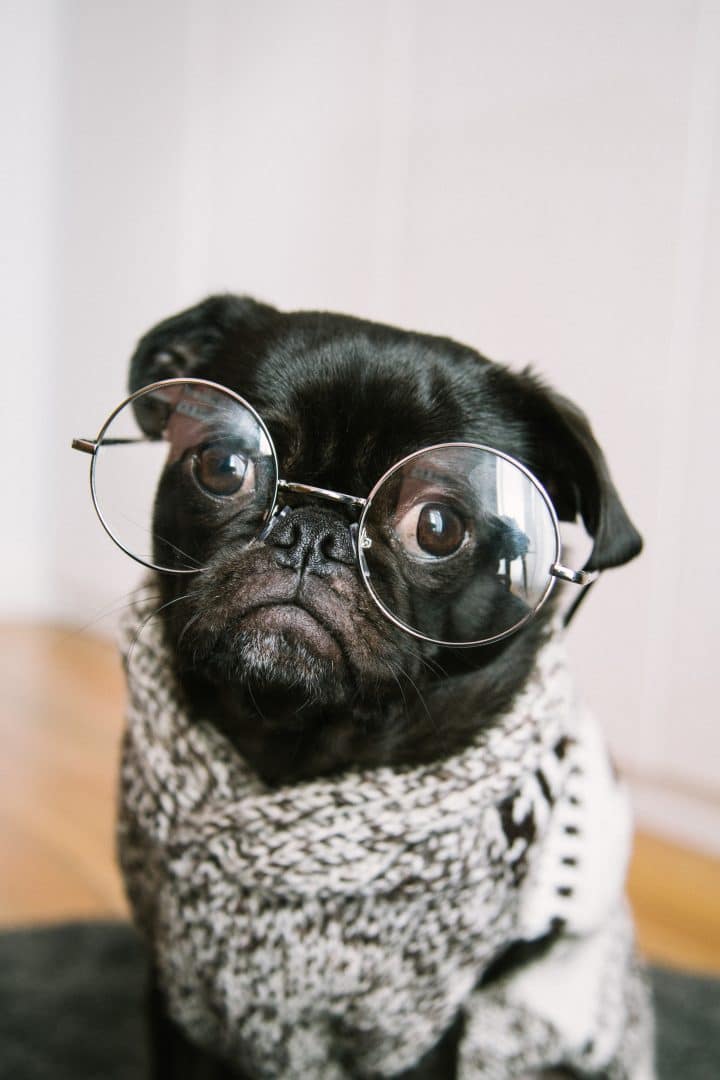A question often asked is ‘what is Intellectual Property and how do I protect it?’ The basic concept of Intellectual Property (“IP”) is that of protecting the products, results and rewards of human and commercial enterprise. The property rights of those ‘things’ (be it a slogan, design, brand or invention among other things) created by human and business endeavour are a form of intangible property, providing the legal right to stop others from using the owner’s property without permission. IP is a valuable business commodity and deserves protection. In some cases, IP can even give a monopoly right to exploit that property commercially.
The main IP rights most commonly relied upon are: Trademarks, Passing off, Copyright, Designs, Patents and Confidential information. Each type of IP arises in a different manner, relate to different creations, and have different levels and systems of protection; they are therefore each very individual.
Taking Copyright as an example, it appears in the news frequently and is often the subject of high scale arguments between large companies and musicians. For example, Rod Stewart has recently been forced to defend a Claim from a photographer who alleges that he has wrongly used a photograph taken by her without permission to do so. You may also be familiar with the copyright dispute seen in the American Appeals Courts between Robin Thicke and Marvin Gaye’s Estate, which lasted some 5 years.
However, it is not commonly known that Copyright in the UK is an unregistered system of protection of rights, which gives a right to prevent copying of creative expression, such as writing, art, music, architecture, film and even computer software. Many may assume that Copyright protection is only available to those large businesses/famous individuals who spend money on registration, but this is simply not the case.
Copyright comes into existence as the tangible results of creativity appear (providing the requirements are met). There is no formality involved, which surprises many people. The requirements of Copyright protection are ruled by the Copyright, Designs and Patents Act 1988 (“CDPA”) and they vary depending on what the creation is. For literary, dramatic, musical or artistic works, Copyright will subsist providing the work is ‘original’. This means it must be the author’s own work and not copied from anything else. This is generally a fairly low standard of originality to meet, with a higher requirement of effort only coming in if the work is artistic. Providing this requirement is met and the work is recorded, Copyright will exist to protect the author’s rights. The normal duration of protection is the life of the author plus 70 years. Anybody who then copies, publishes, performs or shows in public that creative work, without the owner’s permission, is likely to infringe the owner’s rights. For example, the work of Shakespeare is long out of copyright protection – but if he had died more recently, Romeo and Juliet could not be copied today in a school play without his publisher’s/representative’s permission.
If you require advice on any Copyright or IP issues, contact Gabriella Shepherd 01702 238521 or 24/7 on 03300 585 222 or email [email protected]
You can contact our experienced team 24/7 on 03300 585 222. Call now for a FREE initial chat!
With offices in Southend, Leigh-on-Sea, Rayleigh and London, we’re local to you.



















